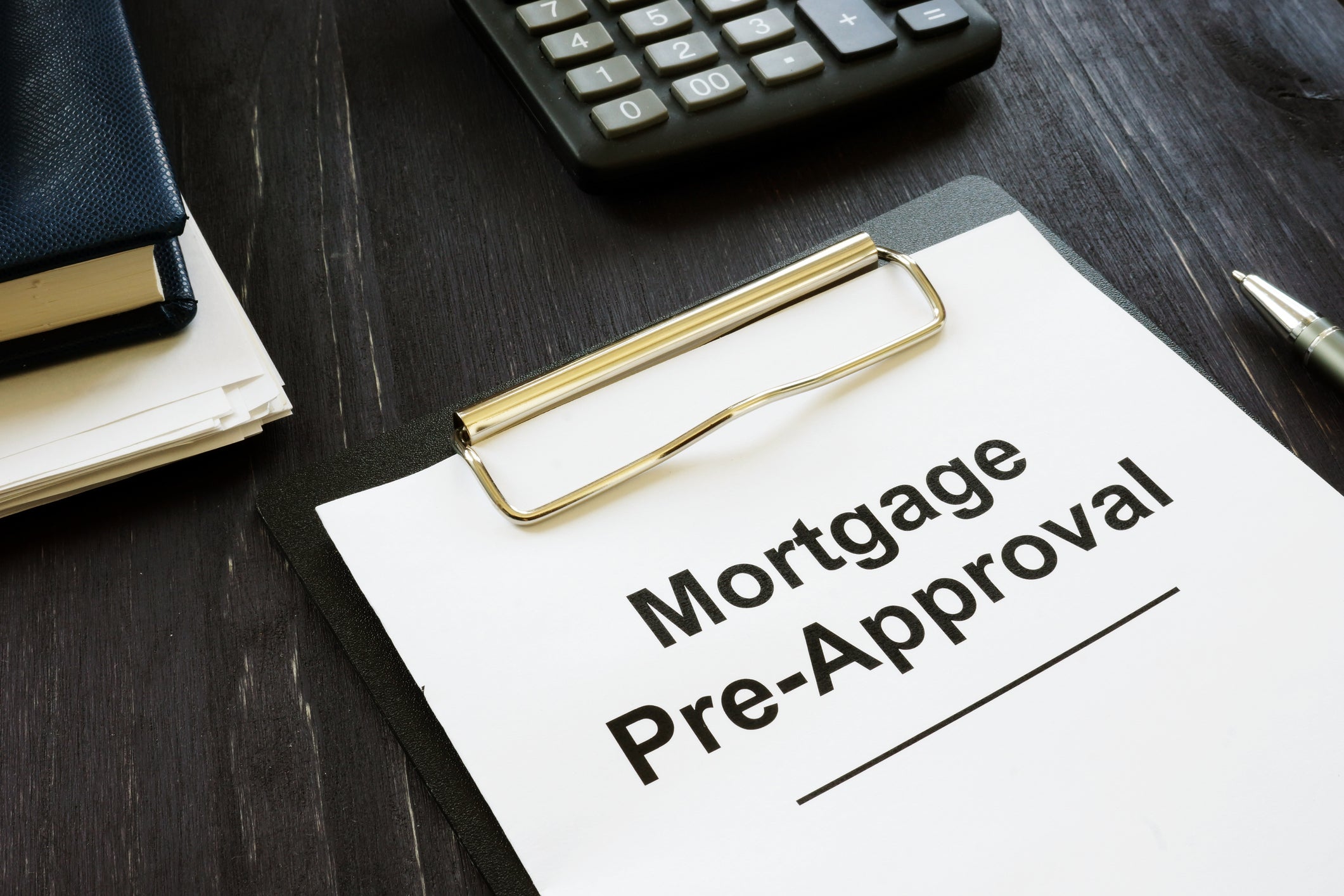- Money
Research, emotion and potential problems all come into it so make sure you’re prepared
Marc ShoffmanFriday 28 November 2025 15:31 GMTComments open image in gallery(Getty Images)SPONSORED BY TRADING 212
open image in gallery(Getty Images)SPONSORED BY TRADING 212The Independent Money channel is brought to you by Trading 212.
Making an offer on a property is the trickiest part of moving onto or further up the property ladder.
Finding your dream home can be exciting but you don’t want to overpay, plus you may need to budget for alterations or major renovations to a property.
Deciding what to offer on a property is also made more complicated by house price growth slowing and a large supply of property for sale on the market. This technically makes it a buyer’s market though - as sellers need to work harder to attract demand and get their home sold amid high levels of competition.
With that in mind, The Independent asked experts for their tips on how to get a cheaper price when buying a property.
Research the local market
A homeowner will naturally be looking to get the highest price possible when selling their property and everyone thinks their home is the best on the street.
In many cases an estate agent will have given a market appraisal on a seller’s property, which is their own estimate of how much they think they can sell it for.
That doesn’t necessarily mean the property is worth what it is listed for though and you should do your own research of the local market by checking asking prices of similar properties nearby as well as Land Registry data on sold homes.
 open image in gallery(Getty Images/iStockphoto)
open image in gallery(Getty Images/iStockphoto)Nigel Bishop, founder of buying agency Recoco Property Search, said: “It’s crucial to know the local property market and how much nearby properties are selling for and why.
“This is where the services of a local estate agent or buying agent are particularly helpful as they have their finger on the pulse of the market and know what to look out for in order to achieve the best outcome for their client.”
Get a free fractional share worth up to £100.Capital at risk.
Terms and conditions apply.
Go to websiteADVERTISEMENT
Get a free fractional share worth up to £100.Capital at risk.
Terms and conditions apply.
Go to websiteADVERTISEMENT
Know the seller’s circumstances
Sellers move for a variety of situations and some of these can work in a buyer’s favour.
Paula Higgins, chief executive of The HomeOwners Alliance, said: “A keen seller is your biggest bargaining chip. Ask why they’re moving, how quickly they need to sell and whether they’ve already found somewhere. Divorce, relocation/school deadlines or a stalled chain can make them more open to a lower offer.”
Sam Fox, founder of UK Mortgage Centre, suggests gathering as much information as possible about the property and the seller’s situation.
He said: “Ask the estate agent how long the property has been on the market, why the seller is moving, and whether there is a chain involved. If the property has been listed for a while or the seller is under time pressure, this may give you extra leverage.
“Also, observe how much interest there is. If viewings are packed and offers lined up, you know the demand is high, but you don’t have to rush in or pay over the odds.”
Use property viewings strategically
It can be exciting to view a property and imagine yourself in a new home.
But look out for the negatives when you are on a viewing as this can determine how much you offer.
 open image in gallery(Getty Images)
open image in gallery(Getty Images)Fox added: “When viewing the property, take note of any repairs or replacements that may be needed, such as windows, boilers, kitchens or bathrooms.
“Get quotes for these so you fully understand what additional expense you will need. This information allows you to make a sensible offer and explains your price if it’s below the asking figure. Compare the condition and features with other properties in the area that may have sold for less.”
Don’t be afraid to make a low offer
Properties rarely sell for the exact asking price so don’t be afraid to make a low offer, especially in the current market where there is an oversupply of homes available.
Opening at five to 10 per cent under the asking price is fairly typical, according to the HomeOwners Alliance.
But Higgins says you need to back it up with evidence such as recent sold prices, property condition or a slower local market as you don’t want to offend a seller.
If the survey reveals structural issues, damp, roof problems or urgent repairs, Higgins adds that you are within your rights to request a price reduction, adding: "Provide quotes or surveyor estimates to support your figure.”
Be ready to move
You also need to sell yourself as a proceed-able and serious buyer so that a seller will consider your offer, especially if it is lower than others.
Having a mortgage approved in principle and being chain-free can make you a more attractive buyer to deal with.
 open image in gallery(Getty Images/iStockphoto)
open image in gallery(Getty Images/iStockphoto)Higgins added: "Sellers often take a lower offer from a buyer who can move quickly.
First-time buyers, cash buyers or those who’ve already sold and have finances lined up should highlight this upfront. Have an AIP (Agreement in Principle) ready to prove you’re serious.
“If the seller senses momentum and commitment, they’re more likely to negotiate. If you can show flexibility, such as with time scales, it may make you a more attractive buyer and you may get a lower offer accepted as a result.”
Bishop said sellers tend to prioritise buyers who are able to act fast. But Fox warns you should keep your own cards close to your chest.
She said: “Do not reveal how interested you are or how much you can borrow when you first visit. The seller and their agent may assume you will pay more if they know this is your dream home.”
When investing, your capital is at risk and you may get back less than invested. Past performance doesn’t guarantee future results.
More about
Propertyestate agentHomeownersproperty marketTrading 212Join our commenting forum
Join thought-provoking conversations, follow other Independent readers and see their replies
Comments



